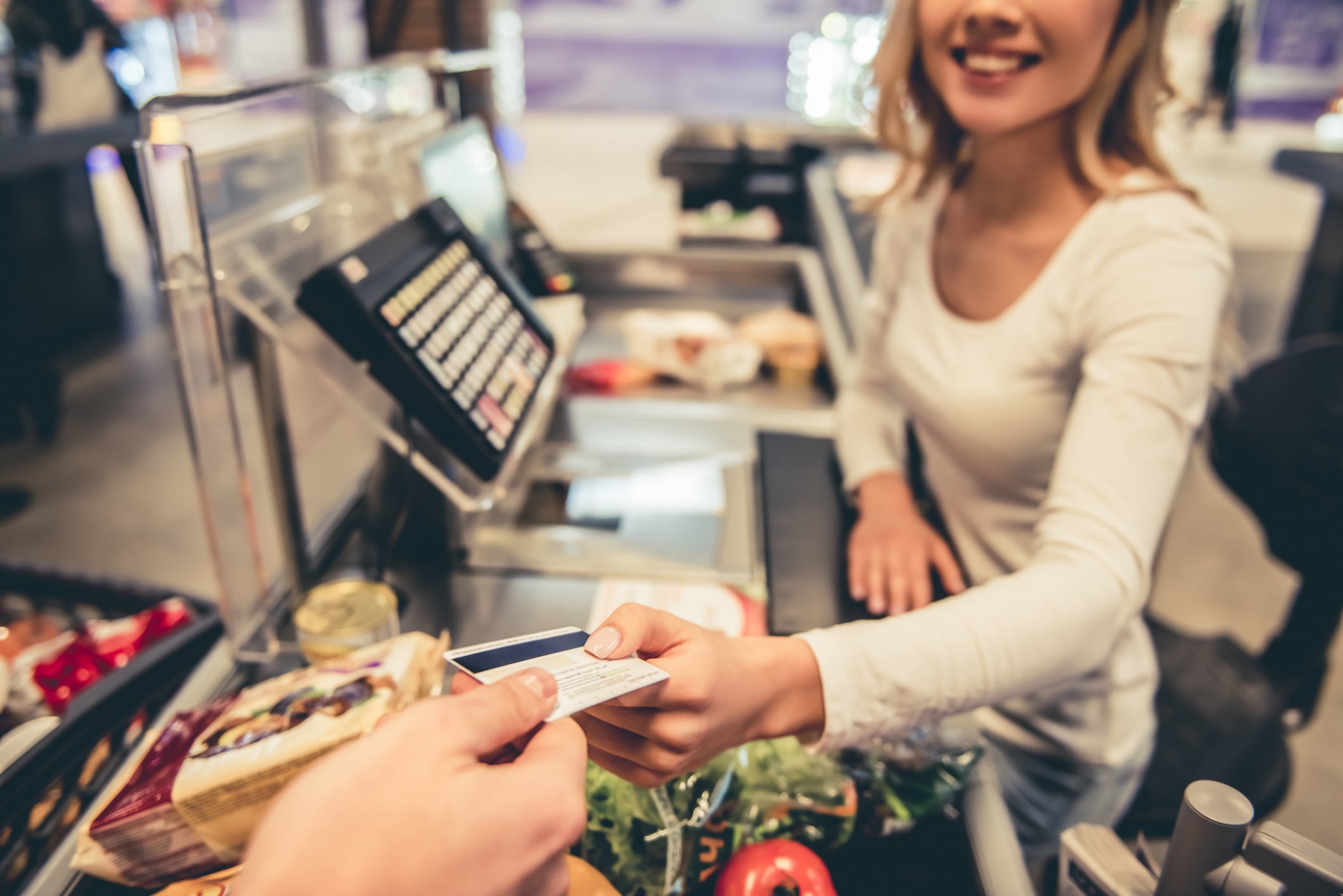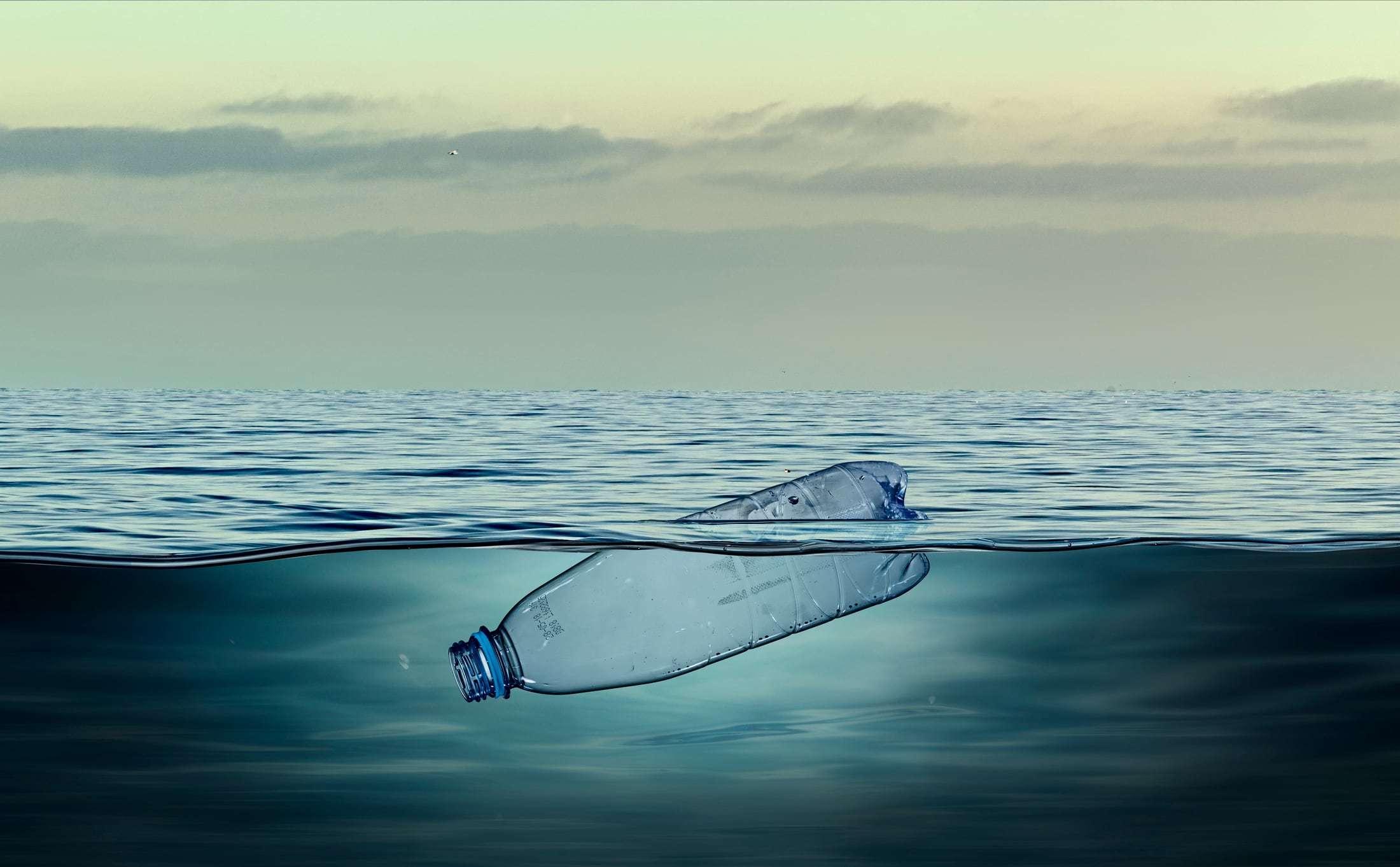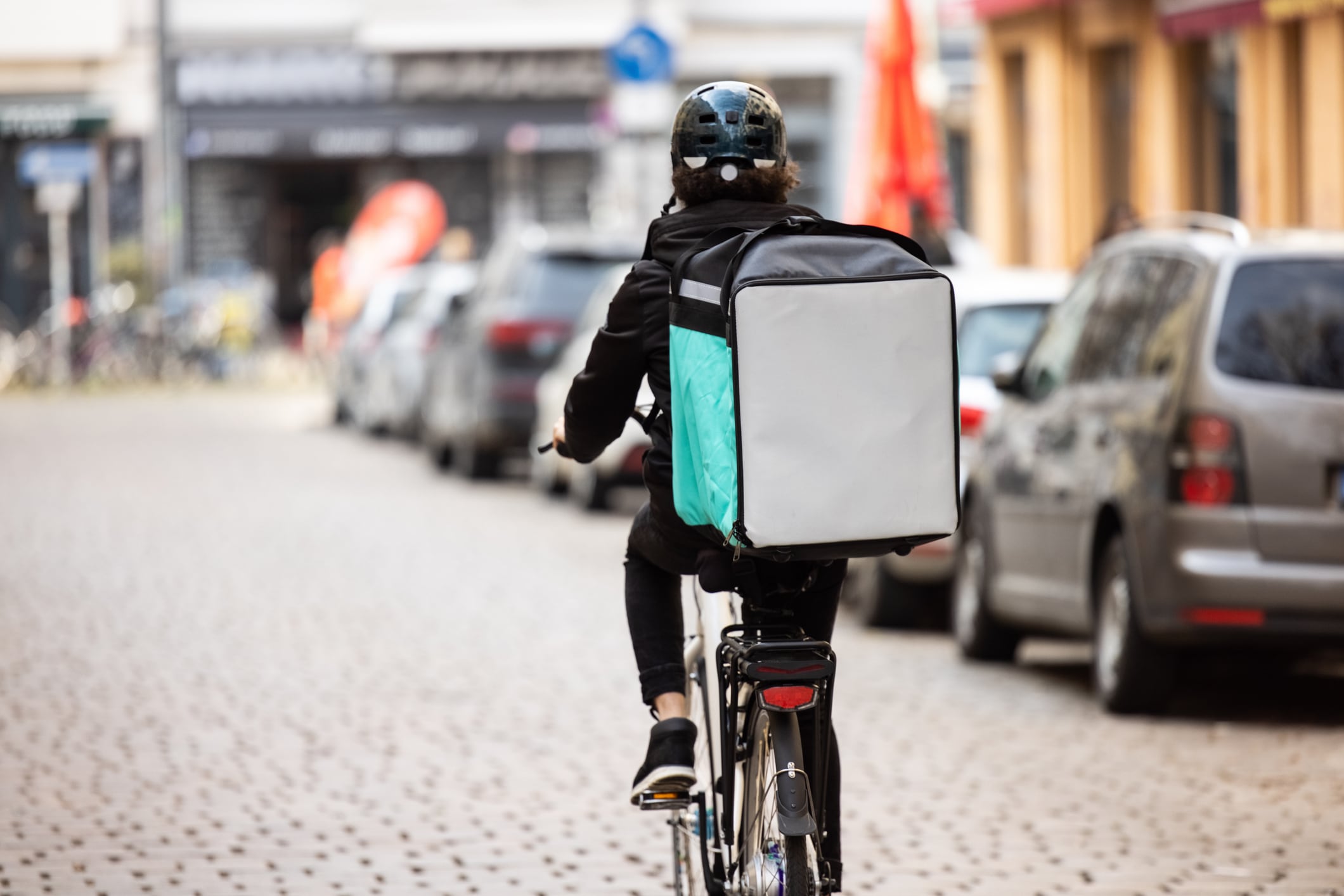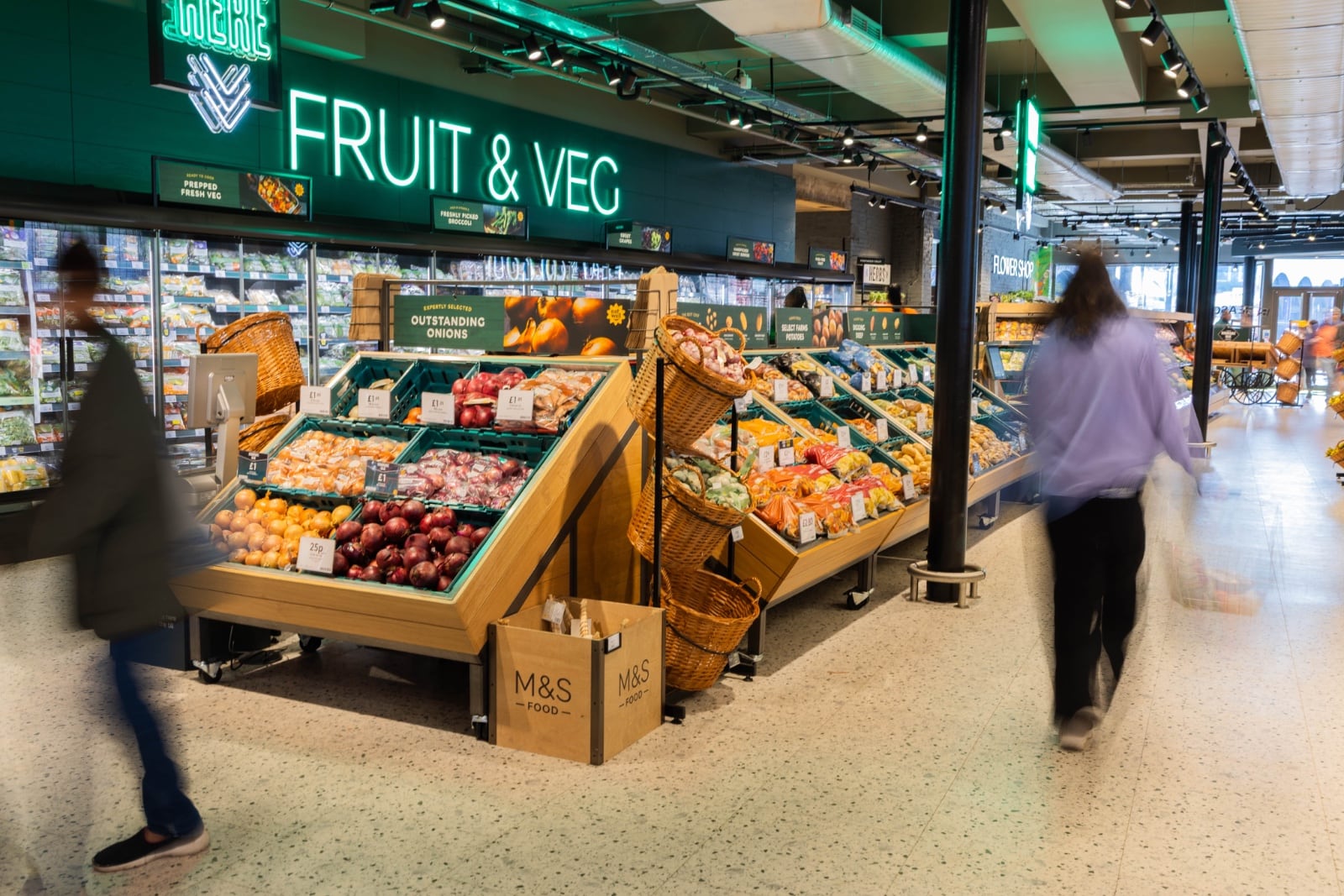The less plastic around a product, the more sustainable the consumer believes it to be. But is that really true? Or are the challenges we face much bigger than the shrink wrap around a joint of beef? The short answer is, yes.
Of course, minimising plastic is a great step, but it’s not the entire answer. Nor is it always a good idea in the food and drink industry’s space – consider shelf life, quality, food safety, etc. The debate over plastic packaging is often oversimplified. This was a topic that fellow Business Leader Forum community member Ros Heathcote touched upon in a recent column – so I won’t delve into it any further, but do give it a read here.
The sustainability conversation goes way beyond packaging – including animal and crop farming, sourcing and food miles, and much more. The topic is captured well at the recently launched London Science Museum exhibition, ‘The Future of Food’.
As attendees walk around, they’ll see incredible examples of human ingenuity along with the consequences of these innovations in today’s world – from synthetic fertilizers, to the exploitation of the sea, to intensive factory farming and monoculture crops.
Underscoring the impact, the exhibit includes a room where counters show how many tons of pesticides and fertilizers we are using.
A range of products are mentioned too, in relation to their carbon footprint, with stats on the CO2 produced by rice and beef per kg, for example. According to Our World in Data, producing 1kg of beef emits 60kg of greenhouse gases (CO2-equivalents). In contrast, peas emit just 1kg per kg.
The link between food and CO2 is a common one that we’re all familiar with – but what can we actually do about it?
Well, it’s going to take a collaborative effort – F&B producers need to come together with retail in developed countries and take action. This will involve understanding what we are doing now and how this influences the environment. The next step is to then make a plan on how to reduce these emissions. As the Science Museum exhibit showed, there will always be solutions to problems – we just need to make sure the solutions we introduce don’t invite unintended consequences!
We need to value food more
But we do need retail to come on this journey with us. We need to ensure that sustainability is placed high on the agenda and prioritised over other challenges such as affordability. Of course, we need to ensure food – and importantly healthy food – is accessible to all and keep costs low, but if you compare the current price of a pack of 500g beef mince (£4.99 at Tesco, Sainsbury’s and Aldi*) to the average price for a standard UK cinema ticket in 2024 (£7.73 as per UK Cinema Association figures), then you can see how much we undervalue our food. Whilst films are great, they aren’t key to our survival.

Sustainability costs more – and we need to recognise and appreciate that. Retail needs to stop competing on who can drop their prices the lowest and start working with us to ensure we invest money into making our food good for the planet.
Sustainable doesn’t equal vegan
And whilst some would argue that the solution to sustainable food is to cut out meat, I disagree.
As a WWF blog outlines: ‘It is important to recognize that moderate consumption of animal-based foods can be part of a healthy and balanced diet, while there are many parts of the world in which meat provides a vital source of nutrients not available in other accessible foods.’
Did you also know that pigs are eating a lot of products that will otherwise be thrown away, such as misshaped potatoes.
If we were to move to an entirely vegan diet, we would encounter the same issues we have today. The answer is everything in moderation and to ensure that what we are producing is produced in a sustainable way.
It is a personal choice to stop or reduce meat consumption, but I also believe meat is part of a healthy diet. There is space for plant-based and meat products – and whilst we need to be mindful of cost, we as an industry and society also need to appreciate that sustainability comes at a higher price.
*Accurate at the time of writing – 6 August 2025
Five minutes with Nick Behari
Q: How long you have been a member of the Business Leaders’ Forum (attending).
A: Since 2024
Q: Tell us about your business
A: Business started long ago, we are supplier of meat and bacon into the UK Retail and Foodservice market. We have an office to stay connected with local market. The UK is an importing meat market and as neighbours is this an important market for us. Our focus is to create healthy sustainable meat products with higher welfare.
Q: What's your expert topic?
A: I do not see myself as an expert in a field. I learned a lot of our business in the last 12 years that I'm working in this industry but there is still a lot more to learn.
Q: What would you like to learn more about?
A: I would like to learn ho other deal with challenges like sustainability and also topics like
Q: What's one thing you love about the industry and one thing you wish you could change?
A: I love the dynamics! We can have easy times and more difficult times, and we always find a way to deal with this. The bad thing that I would like to see improved is that margins are very low due to fluctuations in supply and demand, and all the steps in the industry are fighting to get a piece of this. There is no stability.




